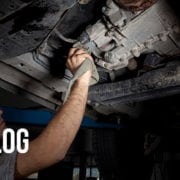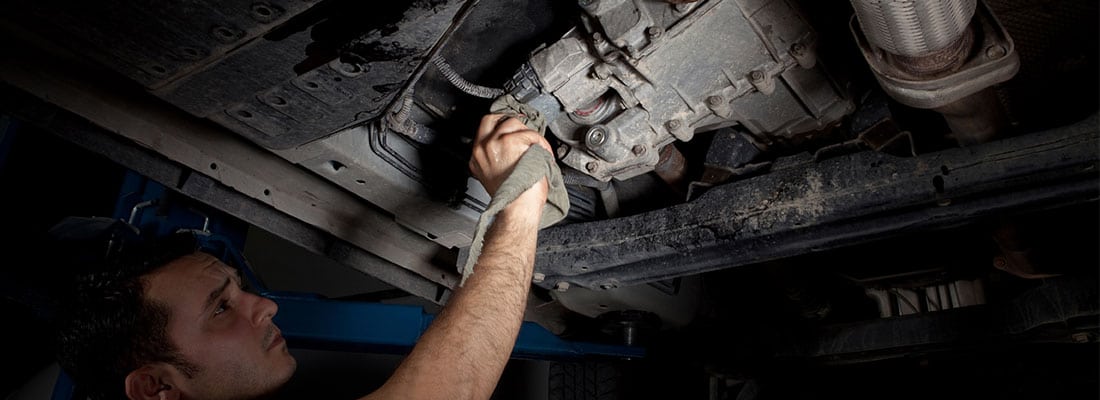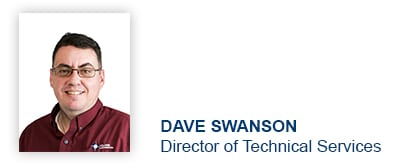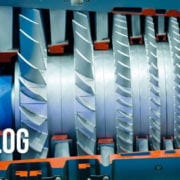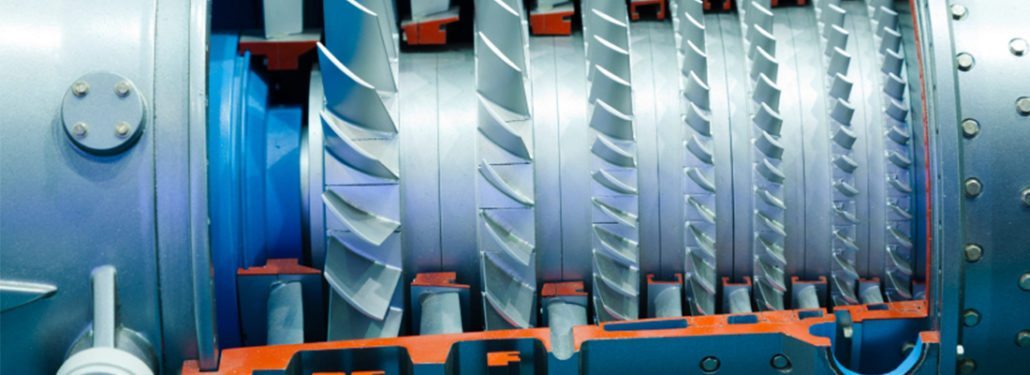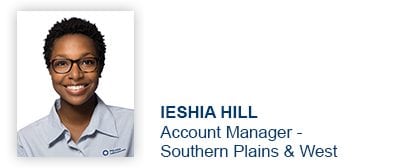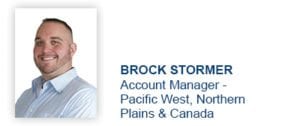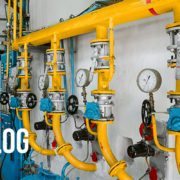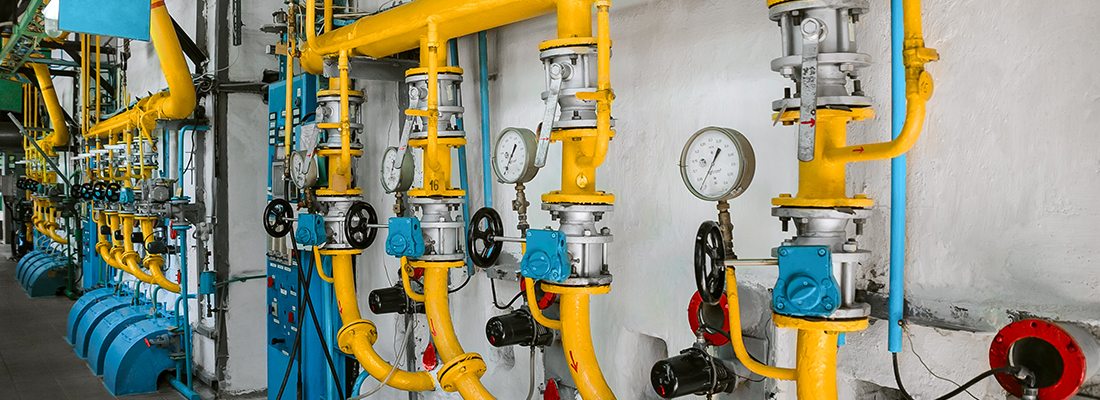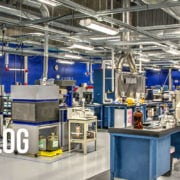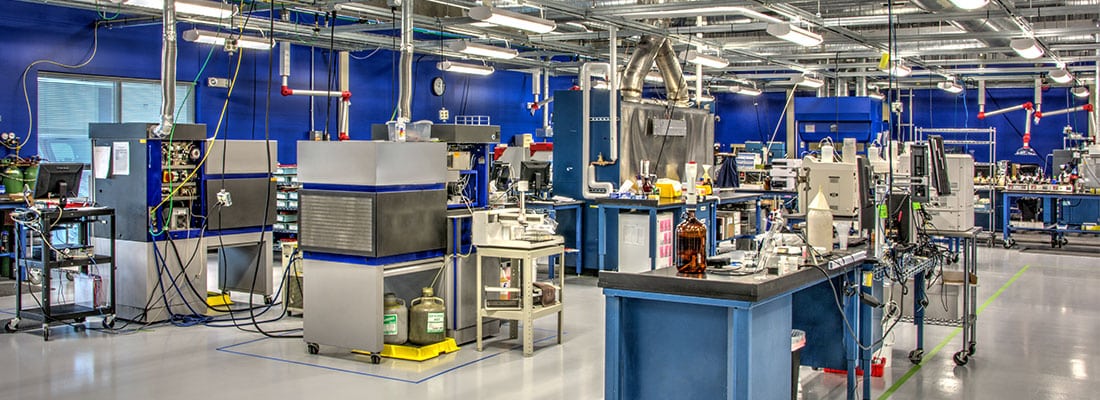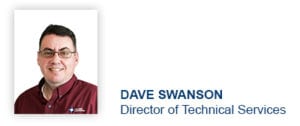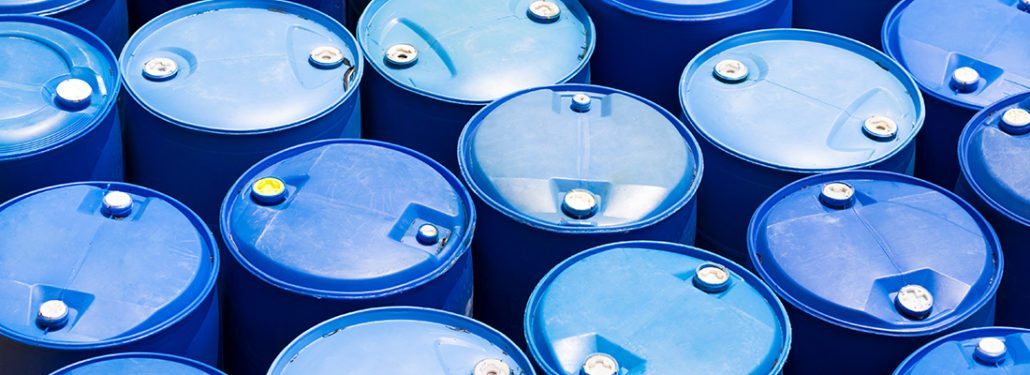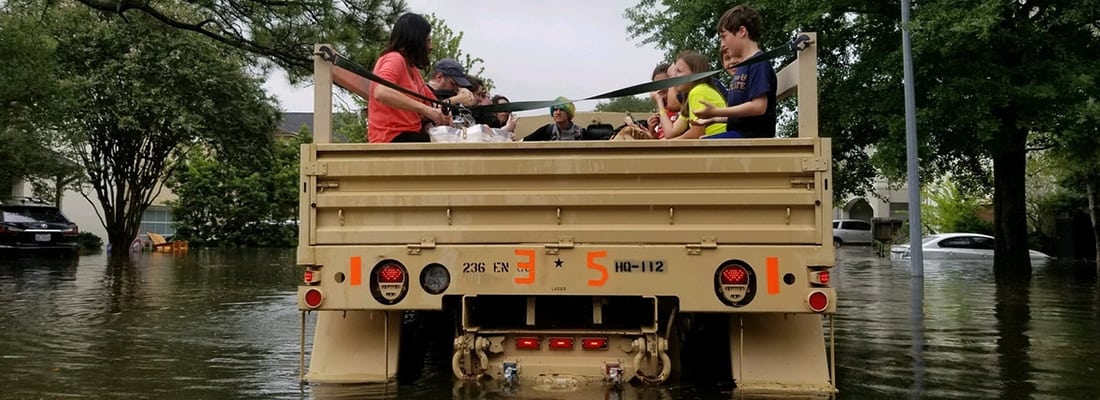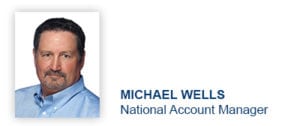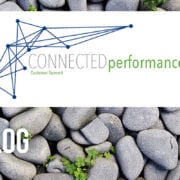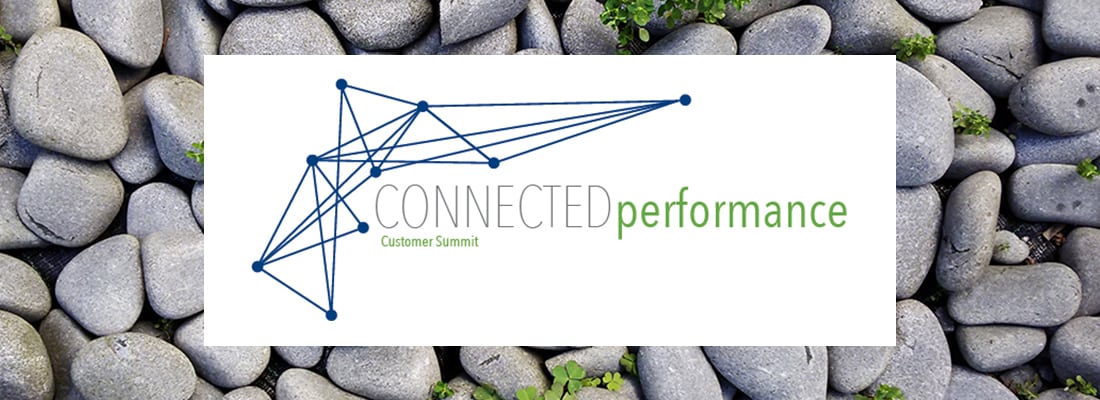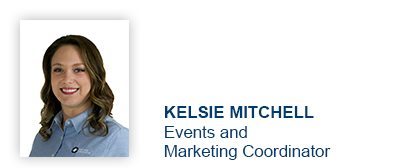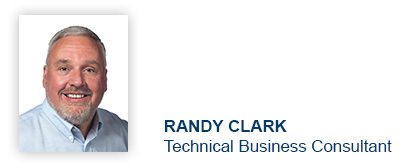Compliance is Key
Being compliant is not only important to properly manage your PM’s, but also to uncover issues within the equipment before it becomes catastrophic. Compliance is key when it comes to managing an effective fluid analysis program.
Not taking a timely sample from each actively-used equipment will lead to performance issues and potentially downtime, which will result in more expensive repair costs and lost revenue.
Samples should be taken on time and while the equipment is in use to get the most accurate assessment of the overall health of the equipment. This will lead to extended equipment lifespans and more uptime and savings, increasing your overall ROI.
One way to ensure your program is compliant and you’re getting the most out of your ROI is by participating in a Program Review. We take your existing data and compare it to our recommendations and industry averages to give you a clear look at the compliance of your program.
The Program Review looks at:
- Component Compliance – How many components do you have on file and, of those, how many are you actively sampling?
- Frequency Compliance – How frequently are you submitting samples?
- Sample Severity – How many of your samples fall into a high-severity ranking?
- Shipping Time – What is the average time it takes for us to receive your samples?
- Goals, Tools and Training – Are you getting the most out of the available trainings and technology?
For more information, check out our Blog on Program Reviews.
Proven Impact. Proven Uptime. Proven Savings.
Let us prove it to you.
Published November 28, 2017

